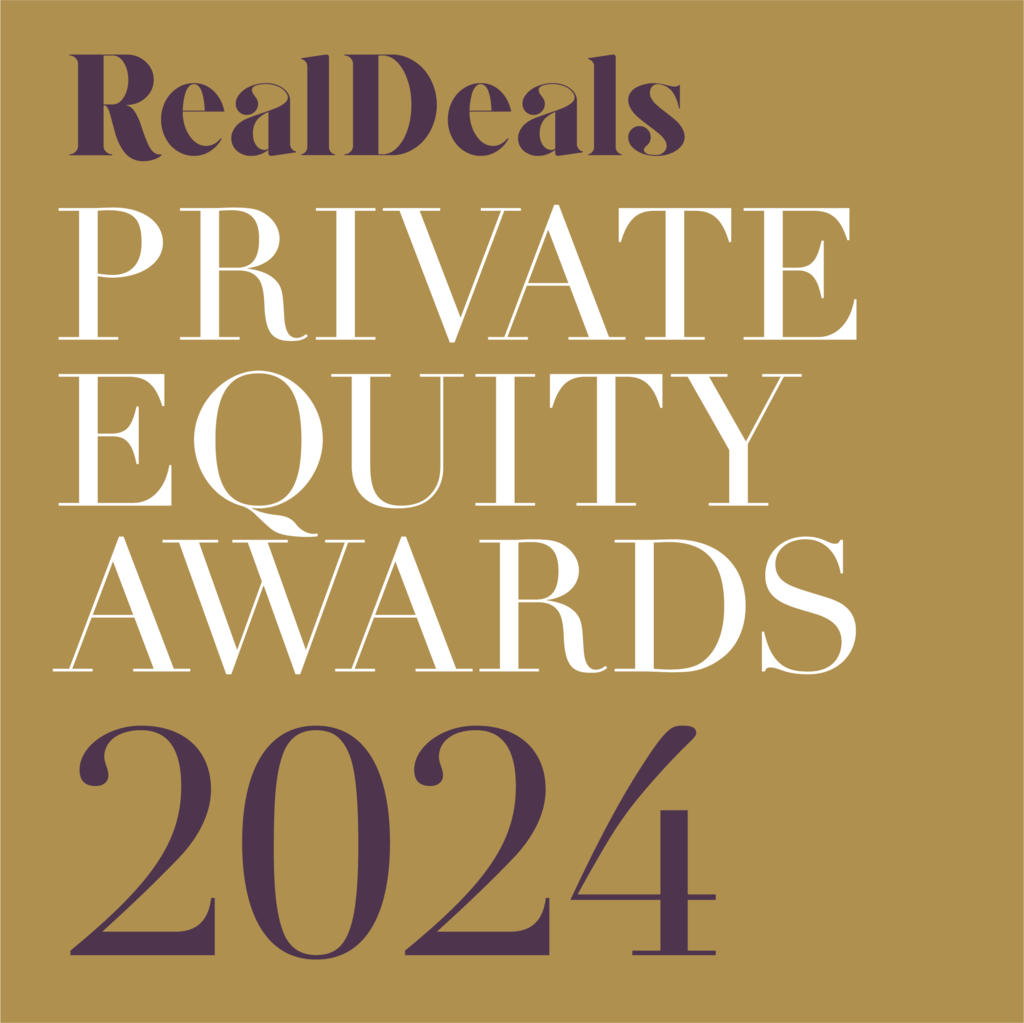
The Private Equity Board Director, Health & Safety and Coronavirus

In these challenging times business leaders are welcoming a raft of sensible relaxation of Regulations designed to minimise the economic impact of the Coronavirus pandemic.
Inevitably H&S is not one of those areas. Indeed, concerns that H&S is not being taken seriously has led to walkouts, refusals to work by worried employees and on-line petitions demanding "non-essential" businesses close.
Continuing to operate a business in the face of the pandemic presents heightened regulatory and reputational risks. These are further heightened for the nominee Directors of PE backed businesses who are more remote from the operations of the business.
But these challenges can be managed by robust adherence to core risk management principles.
HSE's approach
The Health and Safety executive has set out it's approach in a joint statement with the CBI and the TUC stating that it:
will, across all sectors, continue to investigate work related deaths, the most serious major injuries and dangerous occurrences and reported concerns from the workforce or the public where people are being exposed to risks from work activities and we will still take action to secure compliance with the law.
The Health and Safety executive
This is reinforced by HSE's guidance on when a company should report a COVID-19 related death or dangerous occurrence under RIDDOR (The Reporting of Injuries, Diseases and Dangerous Occurrences Regulations 2013):
- Where an unintended incident at work has led to someone’s possible or actual exposure to coronavirus. This must be reported as a dangerous occurrence or
- A worker has been diagnosed as having COVID 19 and there is reasonable evidence that it was caused by exposure at work. This must be reported as a case of disease.
So how do Directors and Owners of a business ensure that they are fulfilling their core responsibilities and protecting the health, safety and welfare of employees and other stakeholders who may be affected by their operations?
The principles of risk management on how Directors discharge their duties remain the same: Plan. Do. Check. Act. But they require greater diligence because of the significantly altered circumstances.
Plan
The Board will be intimately involved in the decision whether the business can and should stay open. This will include careful consideration of the risks to health and safety which should be accurately documented, particularly where on site presence is necessary and requires implementation of Public Health England's latest guidance.
Leadership will be required to ensure that adequate information is available to the Board to confirm that the operation can be safely continued. Directors will be aware that they can be guilty of an offence in their individual capacity. Where the company is guilty of an offence of failing to ensure health and safety then a Director may also be guilty of a criminal offence if the corporate offence was committed with the "consent, connivance or neglect" of a Director.
To be able to point to pro-active, careful and informed reasoning for staying open safely may be important down the line, particularly if decisions are viewed in a courtroom a few years hence through the lens of hindsight. For the PE house nominated Director extra careful scrutiny and challenge would be well advised.
Such reasoning can also be important for managing press or social media criticism if your business is, in the eye of the court of public opinion, a "non-essential" business.
Do
HSE guidance for Directors sets it out very clearly:
To take responsibility and ‘ownership’ of health and safety, members of the board must ensure that:
- health and safety arrangements are adequately resourced;
- they obtain competent health and safety advice;
- risk assessments are carried out;
- employees or their representatives are involved in decisions that affect their health and safety.
Risk assessments for core activities will (should) already exist. The principles of risk assessment require review in the event of significant changes to the operating environment, of which Covid-19 is clearly such an instance.
Involving employees is important for two reasons. They understand how the job is done better than you do. And their engagement can head off industrial relations and media issues.
CHECK
This heading is deliberately in CAPITALS - this is the most crucial element. Many prosecutions that we are involved in have arisen because of a failing under this heading. Documented systems exist, but they do not live and breathe.
Monitoring and reporting of the new ways of working are vital. We have all seen the press reports of crowded tubes and workplace canteens and read about Amazon staff walkouts. If you can make the workplace safe, make sure it stays safe.
Audit actual performance, investigate near misses. Document corrective actions and ensure that employees that are consistently flouting new rules are disciplined. If you don't enforce the rules it can come back to bite when a clever Barrister suggests that the paper systems paid only lip service to safety and were merely there to facilitate corporate greed.
Act
Formal reporting and review of performance is essential to satisfy the Board that the Plan is working. Prudent Directors will want assurances that safe systems are being adhered to in practice so check and document, preferably with photographic evidence. Now is definitely the time to ask the follow up questions round the virtual Board table. And to take robust steps to improve the Plan in a virtuous cycle that will continue through Do, Check and Act on a continuous and frequent loop.
In conclusion
Plan. Do. Check. Act.













